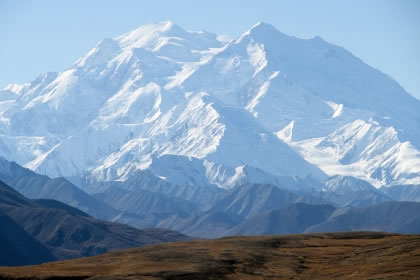 A trip to India can be a rewarding experience for foreign travelers, providing they follow some simple precautions to stay safe.
A trip to India can be a rewarding experience for foreign travelers, providing they follow some simple precautions to stay safe.
Like any country, India has its share of thieves. To ensure the security of your travel documents, keep a copy of your passport, travel tickets, visas, traveler’s checks, and any other vital information. These copies should be kept in a safe place, away from the originals. They can be referred to if any of your important documents go missing, and can speed up their replacement.
Wallets and handbags are targets for pickpockets, so consider carrying your cash and cards in a concealed purse.
These purses, available from most travel stores, are hidden underneath your clothing. They may be worn around your neck, fastened around your calf or ankle with Velcro, or hung from the loop of a belt.
You can also ensure the safety of your possessions by looking out for phony porters or guides. All official service staff will be uniformed and carrying identification. Never leave your luggage or other belongings with anyone who cannot produce this identification, and of course, never leave goods unattended.
The quality of water is a concern in many areas of India, so never drink water from an unknown source. If you are unsure, ask for some of the popular mineral waters sold in the country, such as Bisleri, Himalaya, Kinley, and Aqua Fina. These waters should always be sold in sealed bottles, and should not be consumed if the seals are broken. It’s also worth packing some water purifying tablets as an extra precaution.
Foods are generally safe, but travelers should avoid dishes which have been sitting out in the open for any period of time, such as those at the markets. Any fruits and vegetables should be carefully washed before consumption.
Depending on the area you visit, malaria may be a concern. Visitors can stave off the risk of infection by obtaining anti-malarial tablets from their doctor prior to travel. As mosquitoes are prevalent in many Indian centers, you should always carry an insect repellent and mosquito coils.
If you require medical treatment in India, do not be worried. Most hotels have doctors on call, and can organize treatment from a respected medical practitioner. It is also very inexpensive to see a doctor, with consultations generally costing less than a dollar. Most towns and villages also have pharmacies and chemists for minor ailments.
Stop and think before taking out your camera. Photography is prohibited in many areas of interest, including places of military importance, airports, railway stations, and bridges. When in doubt, it’s safer not to snap.
Remember if you are ever in trouble while visiting India, contact your local embassy or speak to the senior inspector in charge at the closest police station.
